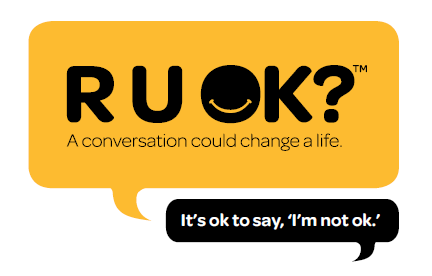New postpartum depression drug overpriced for most women
Earlier this year the U.S. Food and Drug Administration approved the first oral medication to treat postpartum depression (PND) in adults.
PND is a major depressive episode that typically occurs after childbirth but can also begin during the later stages of pregnancy.
The drug Zurzuvae (zuranolone) has now been approved for adults in need.

Drugmaker Sage Therapeutics said that the drug is expected to become available in December 2023 and that they are talking with insurers about coverage plans.
“Postpartum depression is a serious and potentially life-threatening condition in which women experience sadness, guilt, worthlessness—even, in severe cases, thoughts of harming themselves or their child. And, because postpartum depression can disrupt the maternal-infant bond, it can also have consequences for the child’s physical and emotional development,” said Tiffany R. Farchione, M.D., director of the Division of Psychiatry in the FDA’s Center for Drug Evaluation and Research.
“Having access to an oral medication will be a beneficial option for many of these women coping with extreme, and sometimes life-threatening, feelings.”
Mental health specialists welcomed the approval of Zurzuvae, not just because it presents a new way to treat postpartum depression but also specifically because it “appears to be fast-acting,” said Dr. Catherine Monk, chief of the Division of Women’s Mental Health in the Department of Obstetrics and Gynecology at the Columbia University Vagelos College of Physicians and Surgeons.
The drug was shown in one clinical trial to improve depressive symptoms in as little as three days, according to Sage and Biogen.

But will it be out of most women’s reach?
There are major concerns among doctors and researchers that some patients may have trouble paying for the drug.
At a cost of $15,900 per 14-day course, before insurance, it certainly sounds very unattainable. That’s over $24,000 aussie dollars!
The companies’ goal is “to enable broad and equitable access for women with PPD who are prescribed this drug,” Sage Chief Executive Officer Barry Greene said in a news release.
The hope is for patients to be able to get the medicine, “where possible, with little to no co-pay regardless of financial means,” and the companies will provide financial assistance to help cover costs or provide the drug free for certain patients.
“Ensuring access to such treatments is imperative, as they may be lifesaving for new mothers during a vulnerable time. Suicide is a leading cause of death in the first year postpartum.” said Dr. Lindsay Allen, an assistant professor of emergency medicine and a health economist and health services researcher at the Northwestern University Feinberg School of Medicine.

Signs of PND
Postpartum depression affects as many as 1 in 8 people who have babies, according to research from the US Centers for Disease Control and Prevention.
In Australia Perinatal anxiety and/or depression affects up to 1 in 5 new mums and up to 1 in 10 new dads.
Some people experience mild symptoms, while others experience moderate to severe symptoms. Some mums experiencing symptoms of perinatal anxiety and/or depression may also develop symptoms of postnatal psychosis.
Signs can include…
- Panic attacks,
- persistent, generalised worry,
- development of obsessive or compulsive behaviours,
- abrupt mood swings,
- feeling constantly tired,
- withdrawing from friends,
- difficulty focusing,
- feeling constantly sad or crying for no reason
- having thoughts of death or suicide.
If you need support please contact PANDA National Helpline Mon to Fri, 10am – 5pm AEDT on 1300 726 306 OR Lifeline 13 11 14.





